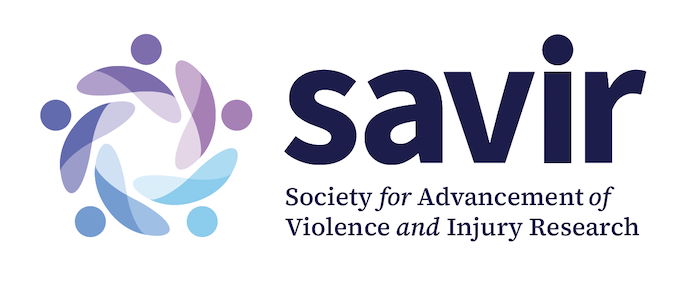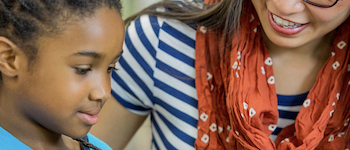Complete Story
02/01/2023
Council of Centers Spotlight
Official Name of Organization/Center: Comprehensive Injury Center at the Medical College of Wisconsin
Director: Terri deRoon-Cassini, PhD
Organization’s Twitter Handle: @cicatmcw
Year Organization/Center was founded: 1998
City/State where Organization is located: Milwaukee, Wisconsin
What is something that the city in which your organization/center is located is known for? World-class Milwaukee Art Museum, riverfront Harley Davidson Museum, beautiful and active city shoreline along Lake Michigan, Champion Milwaukee Bucks and recently National Geographic named Milwaukee as one of the “World’s Best Destination spots for 2023.”
- What is/are the primary injury topics your organization/center addresses? Prevention related to gun violence, suicide, opioid overdose, excessive alcohol use, and traumatic brain injury
- Please tell us a bit about the injury work that is being done at your organization/center. This work does not have to solely be work related to traditional grants or publications, it can include unique projects, community partnerships, and/or outreach programs. We have had significant growth within our center over the past two years. We now have four divisions: Violence Prevention, Suicide Prevention, Data Surveillance and Informatics, and Injury Science. Our division of violence prevention partners with the Office of Violence Prevention in the City of Milwaukee Health Department to oversee Milwaukee’s community and hospital violence prevention program (414LIFE) and recently launched our first ever granting program for community violence prevention programming for the state of Wisconsin, which was funded by a 10.4M dollar American Rescue Plan Act allocation from the Governor’s office.
- Are there opportunities in which students or faculty can connect with your organization/center (i.e. training or outreach opportunities)? Yes, we hold our annual Summer Student Injury lecture series for M2 students. It is an 8-week series with various lunch hour lectures around injury (falls, elder & child abuse, gun violence, opioid overdose, suicide, etc.). We have had students from other medical schools join this educational experience in the summer, which is offered in a hybrid modality. Also, our division of suicide prevention (Sara Kohlbeck, MPH; director) and our division of violence prevention (Reggie Moore; Director) offer local, statewide, and national technical assistance for prevention programming.
- How is your organization/center involved with SAVIR (i.e. past/future conference site, board/committee members)? Our founding director, Steve Hargarten, MD, MPH was a founding member of SAVIR. Our current director, Terri deRoon-Cassini, PhD, MS, is the director of the council of centers and is on the SAVIR board. A number of our staff and faculty are also SAVIR members and the CIC is a center member.
- What is your favorite part about SAVIR? Our favorite part of SAVIR is the opportunity for information sharing across all areas of injury prevention. It is a wonderful mix of multidisciplinary researchers which provides a wonderful opportunity for learning and partnership.
- Tell us about a fun tradition or activity you do as an organization/center. We are very proud of our summer injury research series. There have been a significant number of medical students who have had educational experiences in research labs and through didactics to enhance their understanding of injury science.
- Anything else you would like to share with SAVIR members about your organization/center? We have been successful with philanthropy lately and have had a donation to create an endowed director of suicide prevention position within our center. This is a huge step forward for us, as we are very committed to address suicide in our state. Also, we are the only injury prevention center in Wisconsin and have strong partnerships statewide. We feel very fortunate for those partnerships that enhance the work that we do, particularly as we are focused on addressing health disparities and inequities in injury.




